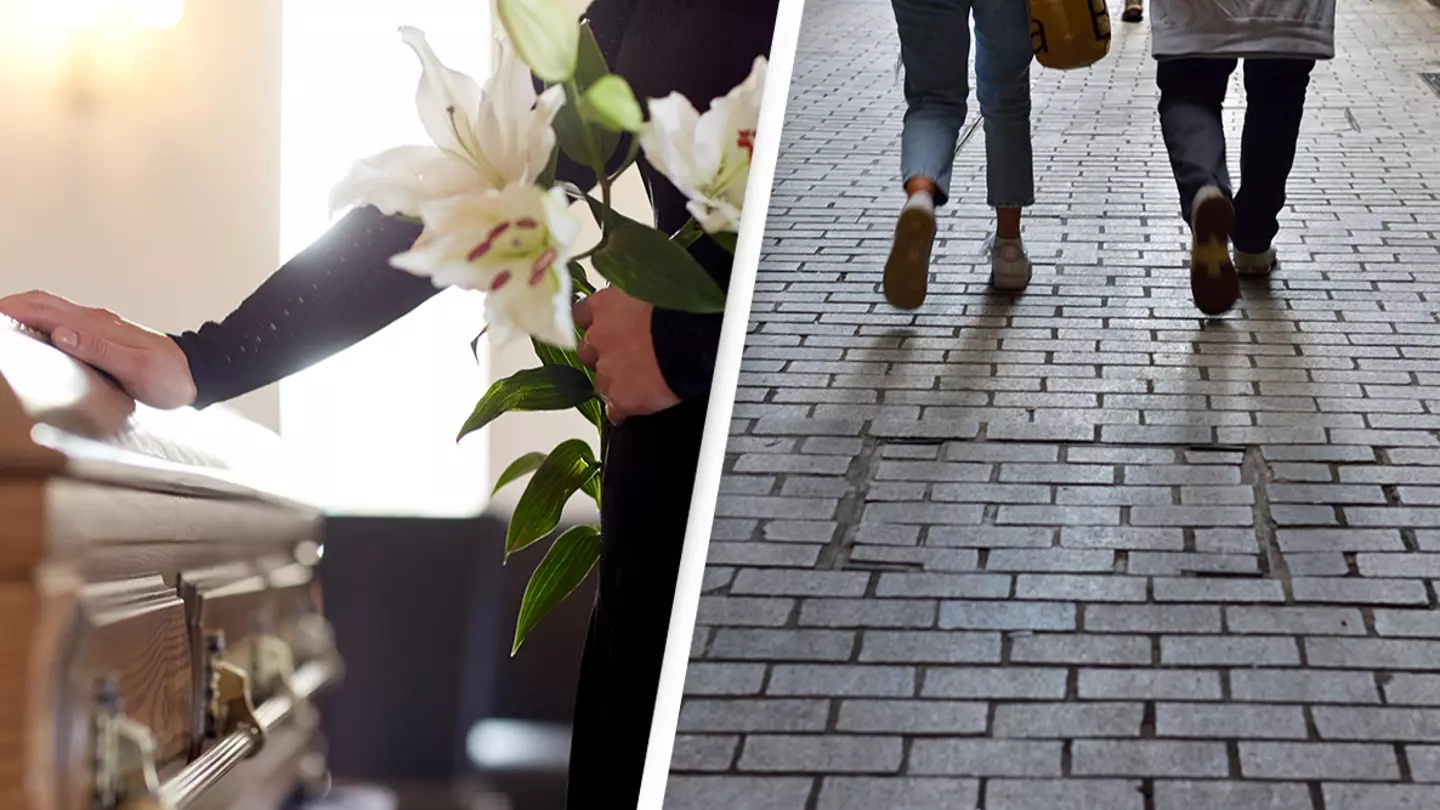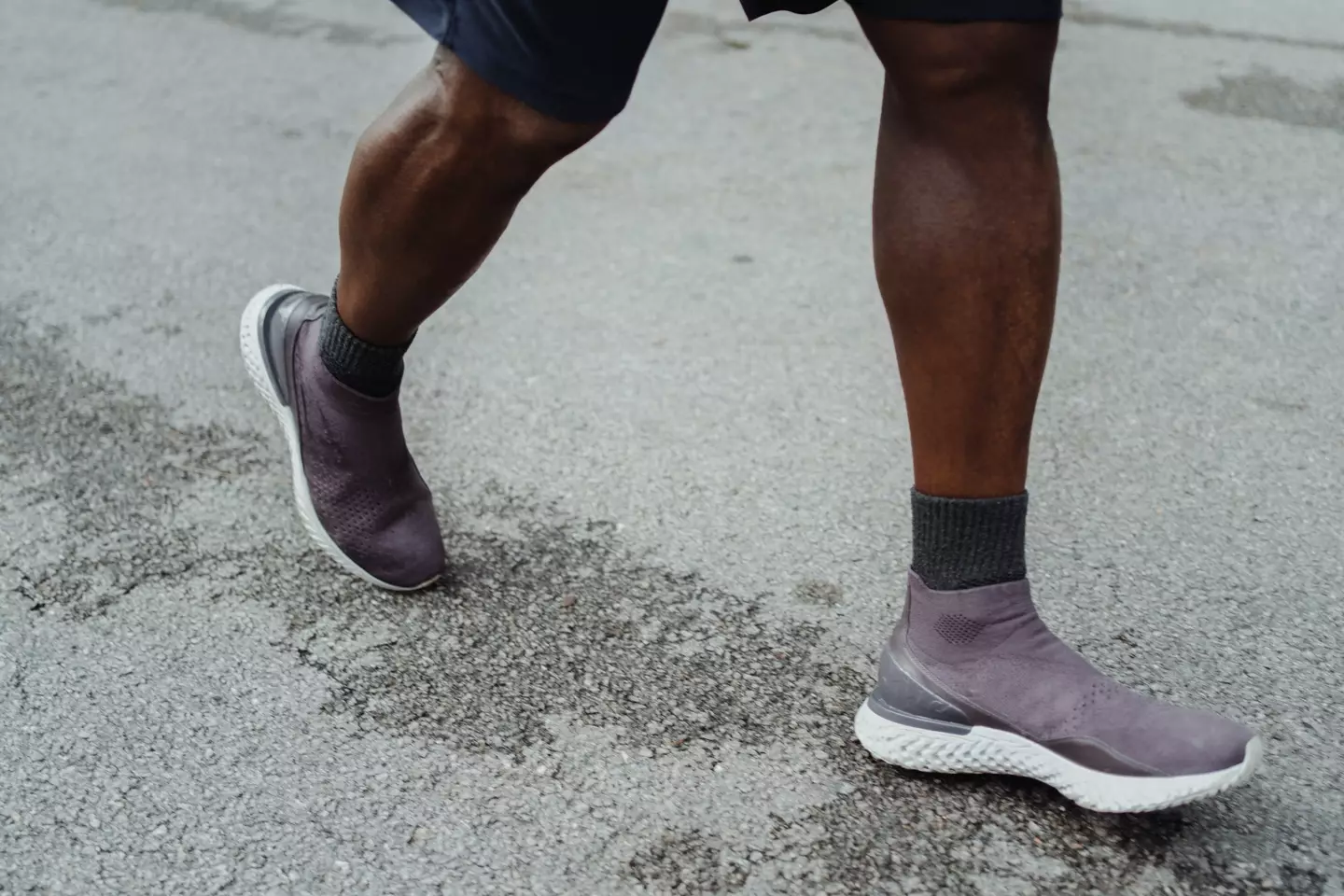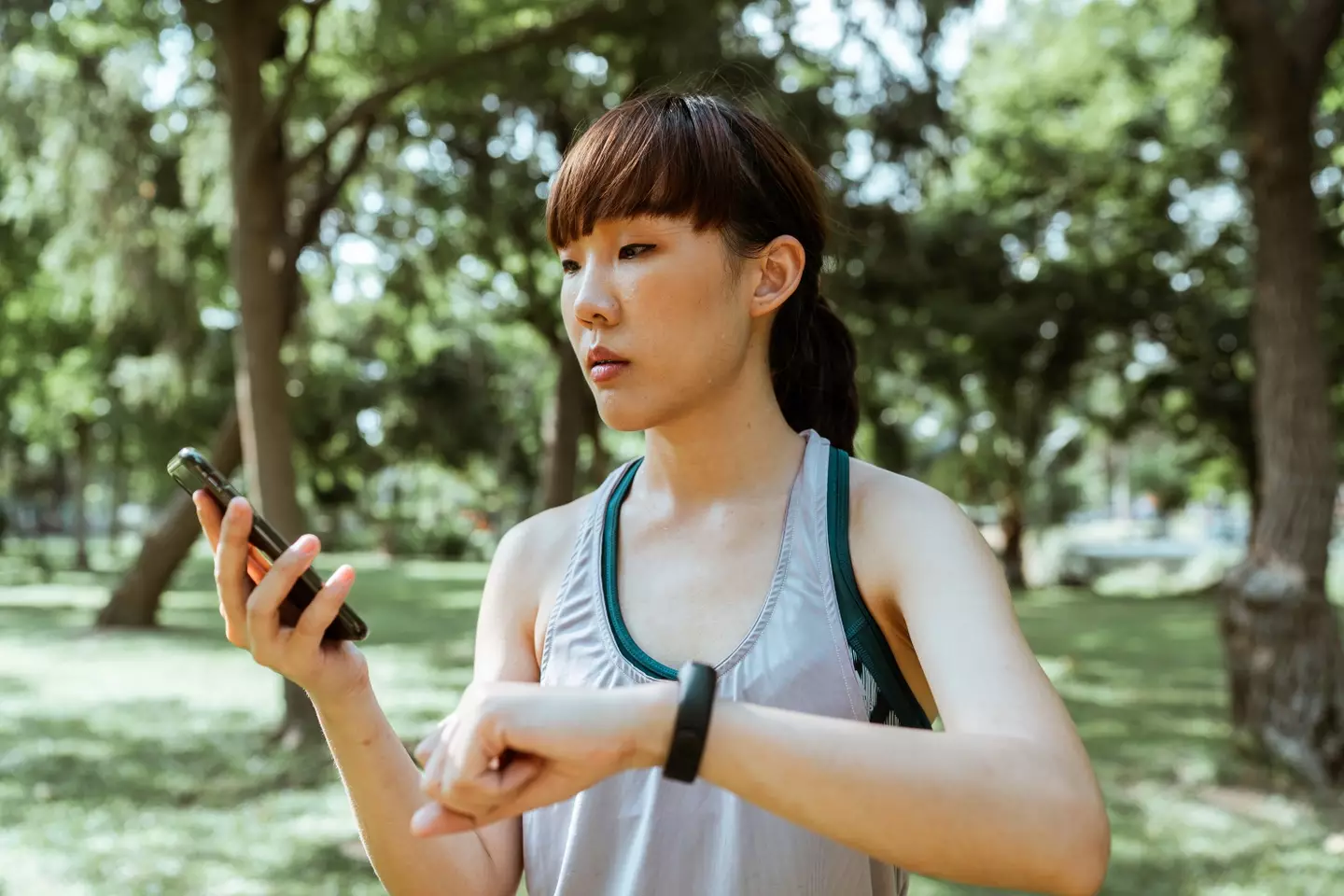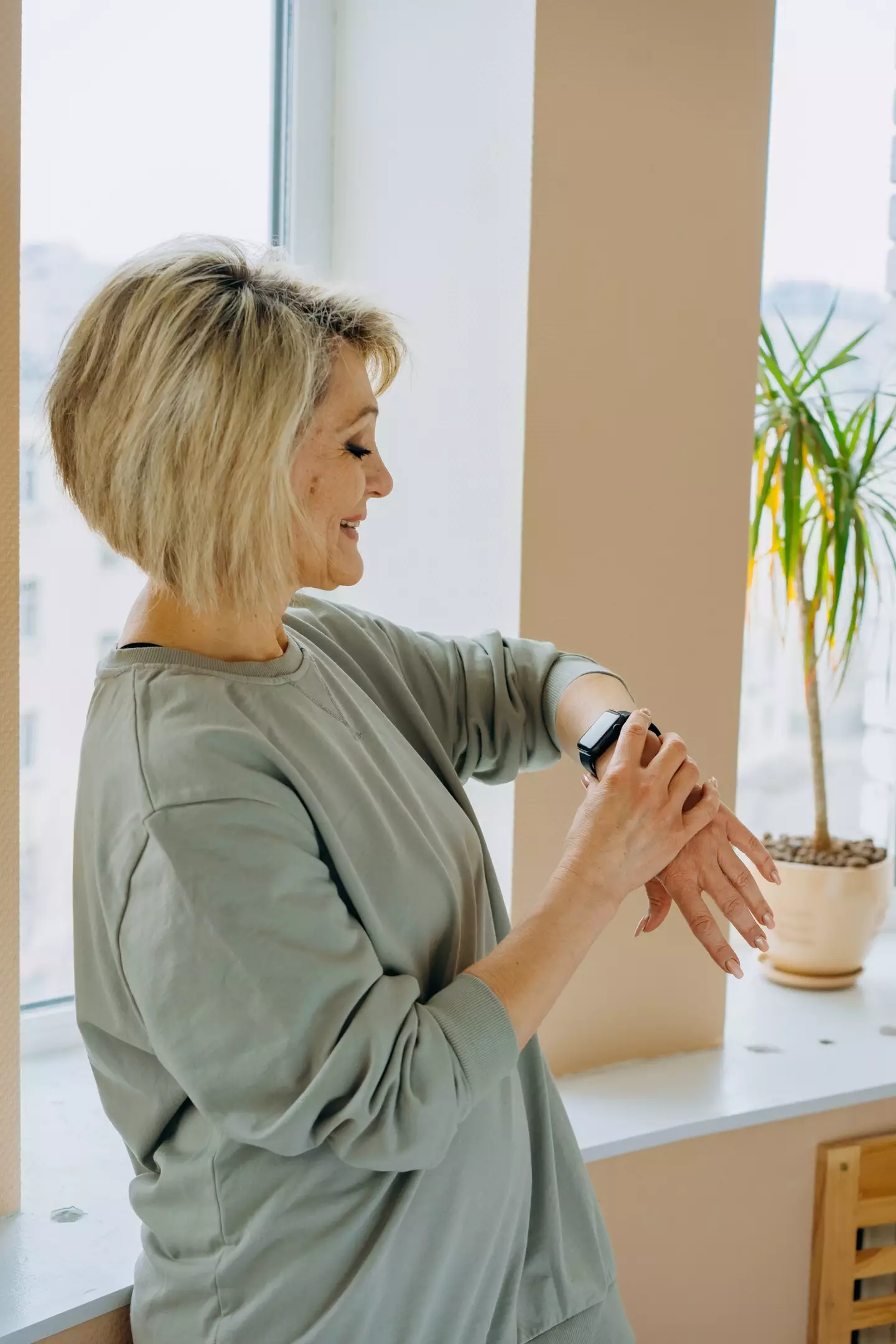
Your own death is generally not something people want to think about.
But what if you were given an insight into when you might pass away, based on the way you walk?
Well, a new study has shown that measurements obtained via wrist motion sensors can be used to predict a user’s mortality risk up to five years following.
The study, which was published on Thursday in PLOS Digital Health journal, looked at data from over 100,000 people in the UK as part of the Biobank project, which started collecting health and biometric data from participants in 2006.
Advert

The study followed the participants for 14 years in total, with researchers at the University of Illinois tracking each of the participants’ acceleration and the distance travelled into six-minute chunks, as per author Bruce Schatz.
The allotted time elapsed in turn mimics the six-minute walk tests, where scientists can measure the heart and lung function commonly measured during medical appointments.
This test sees patients walking at a normal pace for six minutes and compares their total distance walked to others who are their age.
Advert
This measurement can easily be carried out using an accelerometer in a wrist sensor - as was demonstrated in this study - or a mobile phone, Schatz told the Daily Beast.

“I know for a fact that these kinds of models will work with cheap phones.”
The predictions made by the scientists’ model on future death were 72 percent correct after one year, which went up to 73 percent correct after five years.
Advert
A similar study was published last year and found a similar rate of accuracy when it came to death predictions but analysed data over hours as opposed to minutes.
Schatz argued that his study, however, is a more hopeful illustration of ‘passive’ monitoring using accessible technology like a mobile phone and wrist device, as this study required less data and allows participants more privacy.

He said: “If you record all of the data, it's true that people have characteristic walks and you can tell who the individual is.
Advert
“But it's totally possible to take part of the signal, which is good enough to do the vitals but completely disguises who the person is,” he concluded.
If you have experienced a bereavement and would like to speak with someone in confidence, contact Cruse Bereavement Care via their national helpline on 0808 808 1677.
